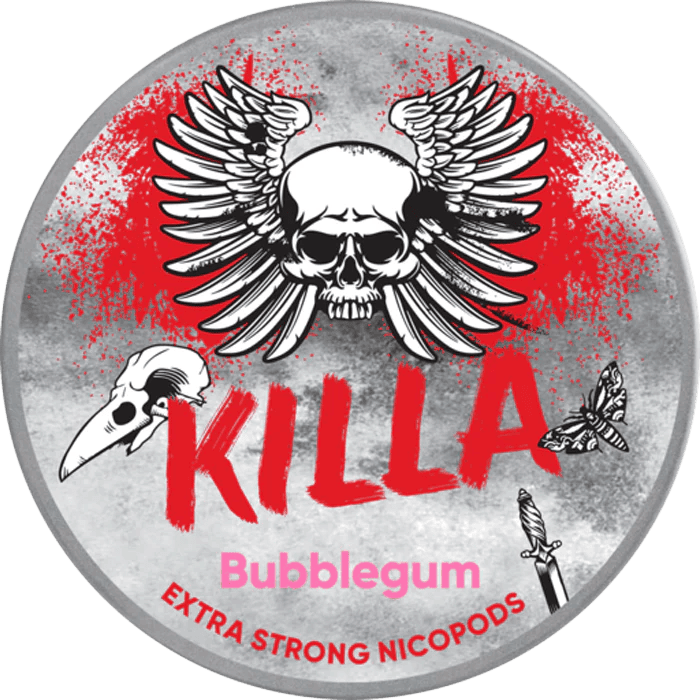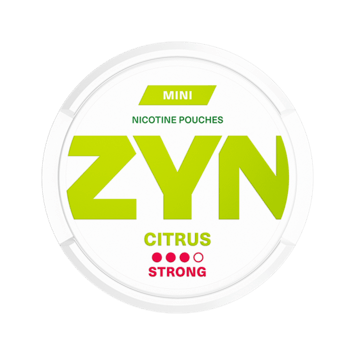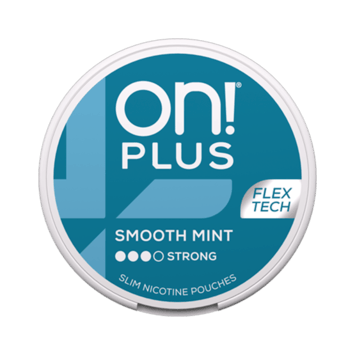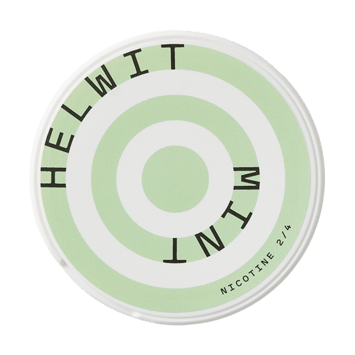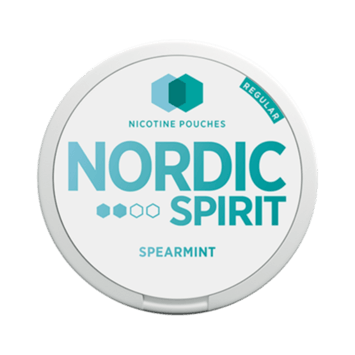What You Need to Know About Benefits of nicotine?
Philip Plainstein

Nicotine is a chemical found in tobacco. It’s known for being addictive and risky for health. But, new studies show nicotine might have some good sides too. This article looks into the surprising benefits of nicotine. It shows how it could help in different health areas.
Many people think nicotine is a bad thing. But, research tells us it could be used as medicine too. Nicotine may help in addiction therapy. It can make the brain feel pleasure. But, it also helps in reducing cravings and withdrawal symptoms from stopping tobacco. This shows nicotine’s role in fighting addiction.
There’s more to nicotine’s benefits. It’s been linked to managing weight by reducing hunger. It also boosts metabolism. Nicotine helps the brain work better, improving, attention, memory, and focus. This has got scientists looking into its effects on various sickness such as Parkinson’s and Alzheimer’s diseases, and sleep apnea.
Key Takeaways:
- Nicotine has potential benefits beyond its addictive nature.
- It can act as both a positive and negative reinforcement.
- Research suggests that nicotine may aid in weight management.
- Nicotine has shown promise in enhancing cognitive performance.
- It may have potential therapeutic benefits for various diseases.
The Role of Nicotine in Neurological Health
Nicotine is a compound in tobacco. It’s being looked at a lot for how it might help our brains. It works by fitting into certain brain receptors. This makes the brain release different chemicals.
These chemicals can boost our thinking. They help with memory, learning, and paying attention. Nicotine might help us focus better and react faster.
Research shows nicotine might protect against brain diseases. It can do this by making the brain release certain chemicals. These are important for keeping our brain healthy and stopping harm.
Not only that, but nicotine also seems to keep brain cells safe. It fights off harm from things like stress, swelling, and certain chemicals. Because of this, scientists think it could help with some brain diseases.
Even though nicotine seems to have good points, it’s mostly tied to smoking. And we know smoking is very risky for our health. So, experts are working hard to figure out if there are safe ways to use nicotine for health benefits.
We still need more studies on how nicotine affects our brains. By learning more, we may find safe ways to use its good effects. Scientists are trying to figure out the best ways to use nicotine, without the dangers.
Nicotine and Smoking
Nicotine is in tobacco like cigarettes, chewing tobacco, and vaping devices. It makes these items very hard to stop using. When you use tobacco, nicotine goes into your body, making you feel good. Then, you want more of it because it feels nice. This can lead to needing it all the time.
Quitting smoking or chewing is tough because of nicotine’s hold on you. You want it so much, and when you don’t have it, you feel bad. This keeps you using tobacco even though you know it’s harmful.
Nicotine is as hard to give up as strong drugs like heroin and cocaine. It gives you a good feeling that’s hard to go without. This good feeling can be stronger than wanting to be healthy.
“The addictive properties of nicotine make it difficult for people to quit smoking or chewing tobacco.”
But, the harm from smoking mostly comes from the smoke, not just nicotine. This smoke has many bad substances that can make you very sick. For example, it can cause lung cancer and heart disease.
Still, there are ways to stop using tobacco. Nicotine replacement therapy (NRT) is one way. It gives you nicotine without the smoke’s bad stuff. This can help you want tobacco less and less.
Tobacco and Nicotine Content Comparison Table
| Tobacco Product | Nicotine Content |
|---|---|
| Cigarettes | Varies, typically 8-20 mg per cigarette |
| Chewing tobacco | Varies, typically 4-20 mg per gram |
| Vaping devices | Varies, can range from 0 to 36 mg per milliliter |
Note: Nicotine content may vary among different brands and products. The table provides a general range of nicotine content for each tobacco product.
Quitting nicotine is hard, but you can do it with help. Medicines and talking to someone can both make it easier. They help you change the way you think about tobacco.
Nicotine Replacement Therapy
Quitting smoking is tough, but nicotine replacement therapy (NRT) can help. NRT gives you a bit of nicotine without the bad stuff in cigarettes. This helps lower your need for cigarettes and eases withdrawal symptoms.
People have many NRT choices to stop smoking. You can use:
- Patches: Wear a patch on your skin to get nicotine all day.
- Gum: Chew it for nicotine when you have a craving.
- Lozenges: Dissolve one in your mouth for a slow, crave-fighting release.
- Inhalers: They look like a cigarette and give you nicotine through your mouth.
- Nasal sprays: Spray it in your nose for quick craving relief.
Research shows NRT makes quitting smoking more likely to succeed. It lets you decrease nicotine use slowly. This helps with quitting, so you can work on having healthier habits.
NRT can make quitting smoking twice as likely to work.
But remember, NRT is just one part of quitting. Getting support, advice, or therapy is also key. Quitting smoking is a journey. And the more help you find, the better your chances of success.
| NRT Option | Benefits |
|---|---|
| Patches | – Gives you a steady nicotine supply – Easy and private to use |
| Gum | – Eases cravings right away – Good for those who like to chew or suck on things |
| Lozenges | – Gives nicotine slowly – Use without anyone noticing |
| Inhalers | – Like smoking without the smoke – Lets you control how much nicotine you get |
| Nasal sprays | – Stops cravings fast – Useful when cravings are really strong |
Everyone reacts to NRT differently. What works for one might not for another. So, find what suits you best. That’s the first step to quitting for good.
Nicotine as a Pesticide
Nicotine has been used for a long time as a bug killer. It’s great for stopping insects, thanks to how it messes with their nerves. This dates back to the 17th century. Back then, farmers found that nicotine from tobacco leaves could keep their plants safe.
But, in recent times, people are not so sure about using nicotine against bugs. A lot of countries have said no to nicotine in bug sprays. They worry it can hurt not just pests, but also helpful bugs and people.
Neonicotinoids are a newer option made from nicotine. They work kind of the same way but are meant to be less harmful to us and wildlife. They are the popular choice now.
“The use of nicotine as a pesticide has long been debated due to its adverse effects on non-target organisms.”
Scientists keep an eye on these bug killers. They want to know if they’re good or bad for our world. We need to be careful with how we use them. This way, we can protect our crops and nature without causing more harm.
Health Risks of Nicotine Use
Using nicotine is very risky for your health. It can increase your chances of getting cancer. It also leads to heart problems, stomach ulcers, and harms if you’re pregnant.
The use of nicotine has been linked to several types of cancer, including lung, gastrointestinal, pancreatic, and breast cancer.
Long-term use of nicotine can hurt your heart and blood vessels. This causes heart diseases, strokes, and problems with the arteries. These illnesses are very serious and can even lead to death.
Nicotine can also make you get peptic ulcers. These are painful sores in your stomach or small intestine. It causes more stomach acid, hurts your stomach lining, and makes ulcers heal slower.
People who are pregnant and use nicotine are in big trouble. It can block blood to the baby and harm its growth. This risk includes early births, low birth weight, and more health issues for the baby.
The detrimental effects of nicotine use on health
More research is needed to learn all of nicotine’s dangers. Yet, we already know it leads to very bad diseases and health issues. So, it’s important to understand these risks and get help to stop using nicotine.
Stopping nicotine can stop a lot of health dangers. It makes you healthier and avoids many big problems. So, it’s a very good idea to quit smoking or using other nicotine products.
| Health Risks | Associated Conditions |
|---|---|
| Cancer | Lung, gastrointestinal, pancreatic, breast |
| Cardiovascular Diseases | Heart disease, stroke, peripheral artery disease |
| Peptic Ulcer Disease | Painful sores in the stomach and small intestine |
| Adverse Effects on Pregnancy and Fetal Development | Poor fetal growth, premature birth, low birth weight, complications |
Side Effects of Nicotine Use
Nicotine is found in tobacco. It’s known for how addictive it is. But it also has other effects.
It can cause stomach pain and make you go to the toilet more. This happens because it makes your digestive system work harder. You might also feel sick or throw up if you use a lot of nicotine.
Using nicotine can also give you headaches. It makes your blood vessels change, which can hurt your head. You might feel your heart beat faster too, because nicotine wakes up your heart.
Some people feel nervous or dizzy after using nicotine. It changes how your brain works and can make you feel like this.
When too much nicotine is used, it’s really bad. You might have trouble breathing, or even have a seizure or go into a coma. If this happens, you need to see a doctor right away.
Side Effects of Nicotine Use:
- Stomach pain
- Diarrhea
- Nausea
- Vomiting
- Headaches
- Increased heart rate
- Nervousness
- Dizziness
In short, using nicotine can cause lots of problems. From tummy aches to headaches and fast hearts, it’s different for everyone. It’s good to know about these things so you can take care of yourself.
Potential Benefits of Nicotine
Research is ongoing on nicotine’s benefits. It might help with some diseases. Nicotine isn’t only linked to smoking’s bad effects.
It could protect the brain, especially against some diseases. Nicotine links to brain receptors, helping with memory and learning. This could boost brain health and fight off certain neurological conditions.
Studies show nicotine might help control weight too. It works on hunger and speeds up metabolism, which can help lose weight. But, using nicotine for this needs careful thought to avoid addiction.
More studies are needed to confirm these early findings. We also need to know how best to use nicotine for health benefits.
Still, the dangers of smoking are clear. They include higher cancer and heart disease risks. Smoking is especially harmful during pregnancy. These risks are more than nicotine’s possible benefits.
So, we should be careful about nicotine. It might help in some ways, but health comes first. Exploring other methods for these benefits without nicotine is wise. The safety and effectiveness of using nicotine for health reasons require more research.
Nicotine Dependence and Addiction
Nicotine addiction affects many people. It’s hard for smokers to stop. Even though smoking is very bad for health.
To quit smoking, you need to use both medicines and ways to change behaviour. Medicines like nicotine patches help lower cravings. There are also gum, lozenges, inhalers, and nasal sprays.
Changing how you think and act is very important to beat smoking. This includes talking with someone, joining a group, or learning new ways to cope. Many find help through counselling and support.
“Nicotine addiction is a complex issue that requires a multi-faceted approach to overcome. Quitting nicotine dependence is not easy, but with the right support and resources, it is possible.”
Remember, stopping smoking is different for everyone. It might take a few tries. But if you keep trying and get help, you can beat it.
Safety and Risks of E-cigarettes
E-cigarettes, or vapes, are becoming popular as a way to smoke without tobacco. But, questions about their safety and health risks need answers.
They are sold as safer than smoking. Yet, we don’t know all the ways they could harm us. Scientists are still looking into how safe they really are.
“The safety and long-term health effects of using e-cigarettes are not fully known.”
Many are worried about e-cigarettes and lung problems. Some have gotten very sick after using them. This has made doctors and rules makers very concerned.
Also, e-cigarettes can have nicotine, a very addicting drug. It’s bad for the health of some, like pregnant people. So, it’s best they don’t vape.
To decide if using e-cigarettes is right for you, know both the good and the bad. Know what the experts are learning. Be careful about where you get your vaping stuff from.
Choose brands that you can trust. Make sure what you buy is checked for safety.
So, e-cigarettes might help some people quit smoking. But, being safe while using them is what’s most important. We need to keep studying them and making sure they won’t hurt us in the future.
Treatment Options for Nicotine Dependence
Are you trying to quit smoking but finding it tough? There are many ways to help you quit. These ways make it more likely for you to quit and stay off cigarettes for good.
Nicotine replacement therapy (NRT) is one way to quit. It gives you nicotine without the bad stuff in cigarettes. It comes as patches, gum, lozenges, and even inhalers. These tools can lower your symptoms and cravings.
Other medicines like bupropion and varenicline can also help. They are approved to fight nicotine addiction. These drugs lessen your want to smoke and the bad feelings when you quit. They stop nicotine from making you feel good. You can get these with a prescription and they work best with counselling.
Everyone’s journey to quit smoking is different. A talk with a doctor can guide you to the best way to quit. There are many options to help you beat nicotine and live a healthier, smoke-free life.


